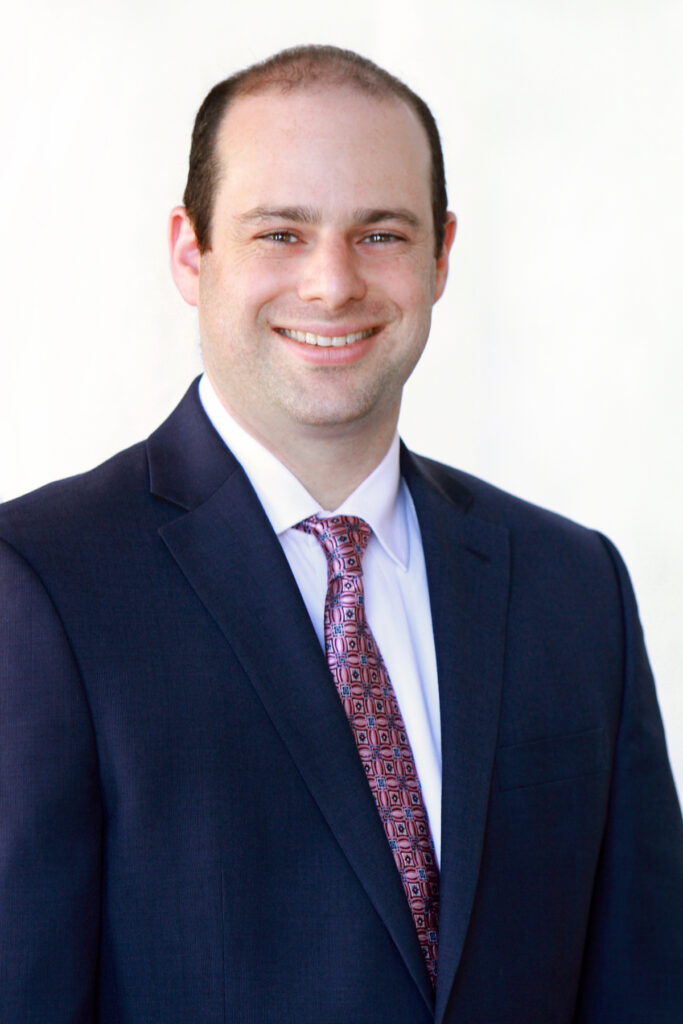
Jeff Burchman
When a loved one passes away, there are many tasks for surviving family members to do regarding finances. One often overlooked item is what to do with your loved one’s home if it is no longer occupied. Aside from maintenance and security, another factor is property insurance. Many people assume it’s appropriate to keep the same insurance policy in force, without updating the carrier. That assumption is incorrect. Not every insurance company will pay out on a claim if the home is vacant.
Though you may think it’s easier not to tell the insurer, the omission may backfire. If there is a claim and the insurer is unaware of the vacancy of the home, the insurer may deny the claim. Don’t put the value of the home at risk by omitting this information from the carrier.
Here’s what to do to ensure the property is insured adequately.
Step 1:
Reach out to the home insurance company to let them know the policyholder has passed away. Find out how long the property can be vacant before the company cancels the policy. The answer often depends on the carrier, though most firms will provide a few months of coverage in the event of an owner’s death. Ask about options to continue coverage on the vacant home. Confirm when you must buy a new policy to ensure you don’t have a lapse in coverage.
Step 2:
Be prepared. If the insurer cancels the home coverage, secure a policy for the vacant home immediately. There are several companies that will write policies for vacant homes, even for a short period of time. Vacant home policies are important for two reasons: 1) the policy protects the dwelling or structural components of the home; 2) the policy provides liability to protect the value of the estate. The last thing an heir wants is for an estate’s value to be depleted by a lawsuit due to homeowner’s liability.
One final consideration: Even if you plan to sell the house, always have homeowner’s insurance to ensure the home is protected. If you pay a year in advance, the insurance company will reimburse you for unused premiums after selling the house.
This article is for informational purposes and is the opinion of the author based on current interpretations of the law, which can change with future additional legislation. Your circumstances may require direct advice from your insurance, legal, tax and investment professional.
Jeff Burchman is President or Burchman Insurance Capital and a member of the Hospice of the Chesapeake Planned Giving Advisory Council.
Read more about planned giving: https://hospicechesapeake.planmygift.org/


